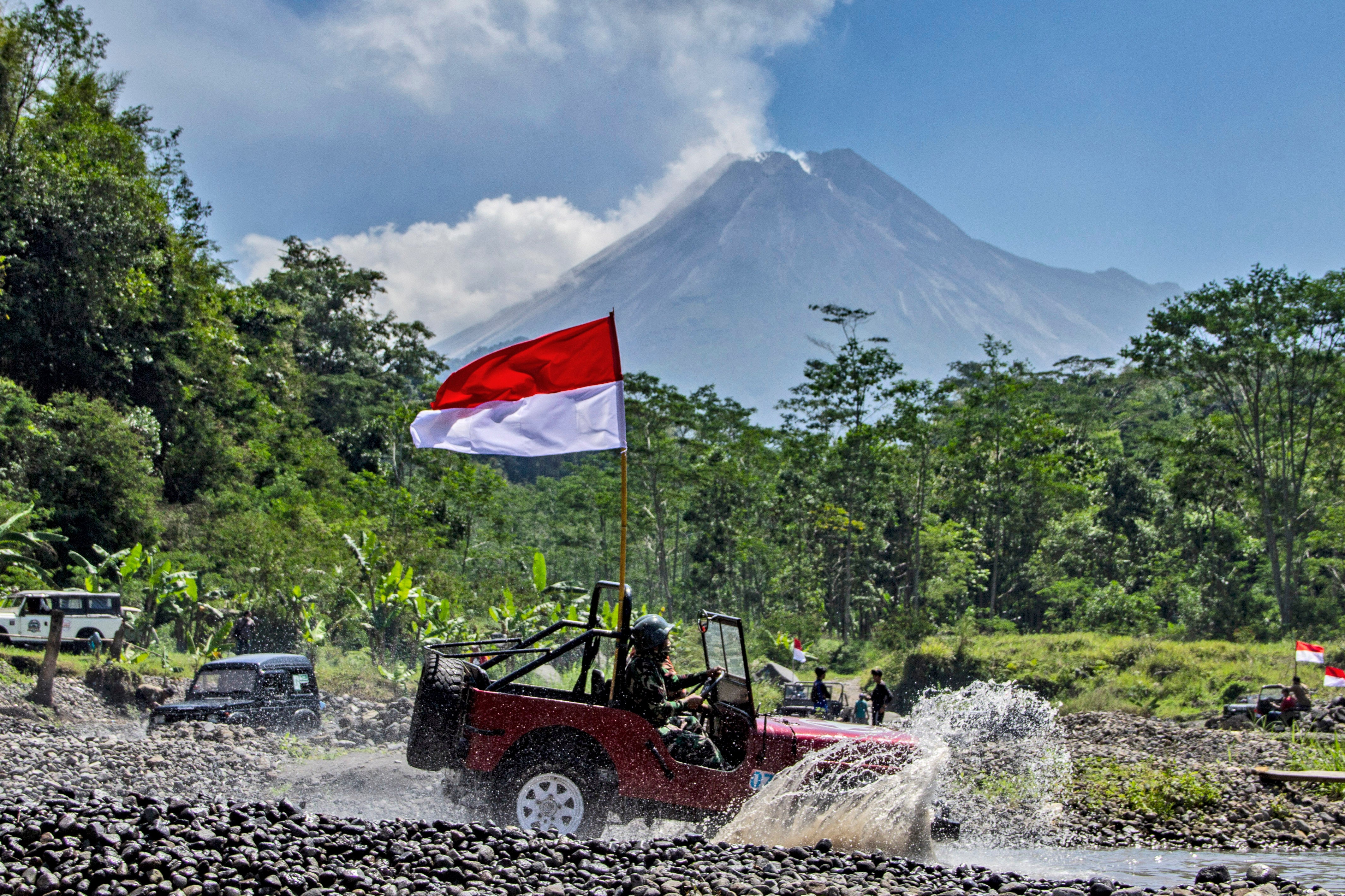Study says Dutch troops used 'extreme' violence in Indonesia
A long-running research project has concluded that Dutch troops used extreme violence during Indonesia’s war for independence and military leaders and politicians in the Netherlands largely ignored the excesses

Your support helps us to tell the story
From reproductive rights to climate change to Big Tech, The Independent is on the ground when the story is developing. Whether it's investigating the financials of Elon Musk's pro-Trump PAC or producing our latest documentary, 'The A Word', which shines a light on the American women fighting for reproductive rights, we know how important it is to parse out the facts from the messaging.
At such a critical moment in US history, we need reporters on the ground. Your donation allows us to keep sending journalists to speak to both sides of the story.
The Independent is trusted by Americans across the entire political spectrum. And unlike many other quality news outlets, we choose not to lock Americans out of our reporting and analysis with paywalls. We believe quality journalism should be available to everyone, paid for by those who can afford it.
Your support makes all the difference.Dutch troops used “extreme violence” — often deliberately — during Indonesia's 1940s war for independence, and military leaders and politicians in the Netherlands largely ignored the excesses, a long-running research project concluded in findings published Thursday.
The 4 1/2-year investigation by experts from three historical research institutes contradicts the Dutch government's long-held view that the country's troops engaged in extreme violence only sporadically as they battled pro-independence forces in what became Indonesia.
In a statement, the researchers said the sources they consulted “show that the use of extreme violence by the Dutch armed forces was not only widespread, but often deliberate, too. It was condoned at every level: political, military and legal.”
The researchers said it was not impossible to give exact numbers of crimes and victims.
Dutch Prime Minister Mark Rutte was expected to comment on the findings later Thursday.
In 2013, the Dutch government apologized for some atrocities committed by its forces between 1945, when Indonesia declared its independence from Dutch colonial rule, and 1949, when the Netherlands finally recognized Indonesia’s independence.
Dutch King Willem-Alexander formally apologized during a 2020 state visit to Indonesia for his country’s past aggression.
Court cases initiated by relatives and survivors of Dutch military atrocities also have put pressure on the government in recent years to reassess military actions during the independence conflict.
A previous Dutch report, from 1969, acknowledged “violent excesses” in Indonesia but argued that Dutch troops were conducting a “police action” often incited by guerrilla warfare and terror attacks targeting perceived opponents of independence.
The findings published Thursday painted a far bleaker picture of the Dutch troops actions.
“During the war, the Dutch armed forces used extreme violence on a frequent and structural basis, in the form of extrajudicial executions, ill-treatment and torture, detention under inhumane conditions, the torching of houses and villages, the theft and destruction of property and food supplies, disproportionate air raids and artillery shelling, and what were often random mass arrests and mass internment,” the research project said in a statement.
It also implicated the military's political paymasters.
“The Dutch armed forces as an institution were responsible for the violence used, including the extreme violence. However, they operated in close consultation with and under the responsibility of the Dutch government,” the researchers found.
A representative of the Netherlands Veterans Institute criticized the findings.
“The results of the investigation evoke a feeling of discomfort and concern in me, because veterans who served in the former Dutch East Indies are collectively placed in the suspect’s dock thanks to unsubstantiated conclusions,” the institute's director, Paul Hoefsloot, said in a written statement.
Hans van Griensven, chairman of another Dutch veterans' organization, told national broadcaster NOS that the violence was “not as pervasive as is now being suggested.”
“Of course, things went wrong, as they do in every war," Van Griensven added. "But, in general, there was also humanitarian help, food was distributed, infrastructure built up. That is not discussed" in the findings.
The research project, partially funded by the Dutch government, is part of a broader reckoning with the Netherlands' colonial past. Last year, the mayor of Amsterdam apologized for the city's involvement in the slave trade.
The national Rijks Museum last week opened an exhibition looking at Indonesia's war of independence.